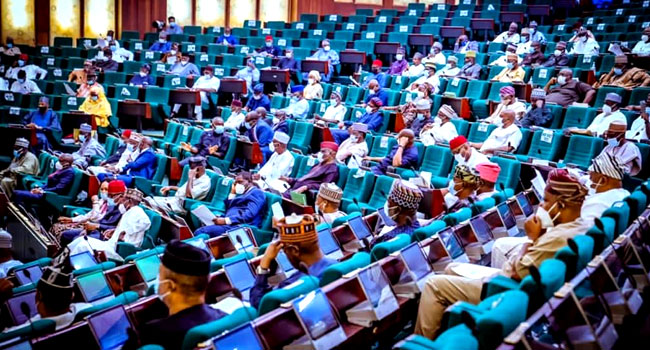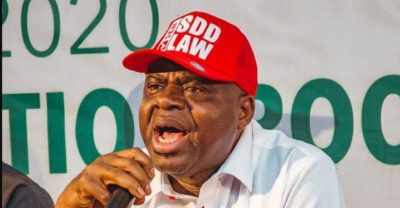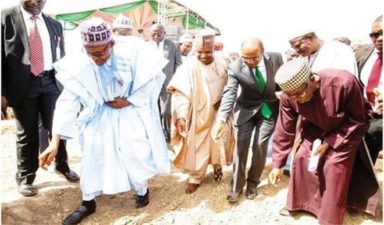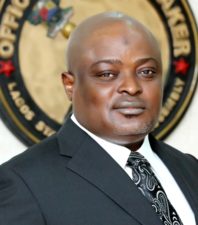The much mouthed project 2027 that started in 2023 for President Bola Ahmed Tinubu may suffer a setback as a new bill to block any of North West, South West or South South from producing the next president of Nigeria has been unveiled, reportedly.
It was gathered that the House of Representatives had proposed the new bill to stop the North West, South West and South South from producing a presidential candidate as part of the Constitution Review process, which will see the position rotated to the North East, South East or North Central in the 2027 presidential election.
The proposed bill aims to amend Section 133 of the constitution by incorporating additional sub-sections 2, 3, and 4 into the existing national laws.
Media report has it that since Nigeria’s return to democracy in 1999, the Southwest produced Olusegun Obasanjo (1999-, who handed over to Umar Yar’Adua (Northwest). Yar’Adua handed over to Goodluck Jonathan (Southsouth), who handed over to Muhammadu Buhari (Northwest). The 2023 presidential election produced Bola Tinubu (Southwest) whose first tenure will end in 2027.
The bill titled “An Act to modify the provisions of the Constitution of Nigeria to introduce a system of power rotation among various geographic and political divisions in presidential, governorship, and senatorial elections”, is proposed by a member representing Apa/Agatu Federal Constituency in Benue State, Ojema Ojetu
Already submitted to the House of Representatives Committee for consideration, the bill if approved, aims to restrict regions that have previously had a President of Nigeria since the country transitioned to democracy in 1999 from producing future Presidents.
If the current efforts to change certain sections of the 1999 Constitution are successful, it is possible that the presidency will rotate away from the North-West, South-West, and South-South regions of the country in 2027.
“The Office of the President of Nigeria shall revolve round the six geo- political zones, with each state holding the office for a maximum of two terms of four years each, to give every section and state in Nigeria a sense of inclusion, participation and representation in Nigeria’s democracy.”
“Any zone in Nigeria which has produced a President of the Federal Republic shall not be eligible to produce another President until the other zones take their turns, while (4) says, “The effective date for consideration in the rotation of power shall be 29th of May, 1999 when the Constitution of the Federal Republic of Nigeria (as amended) became effective.”




